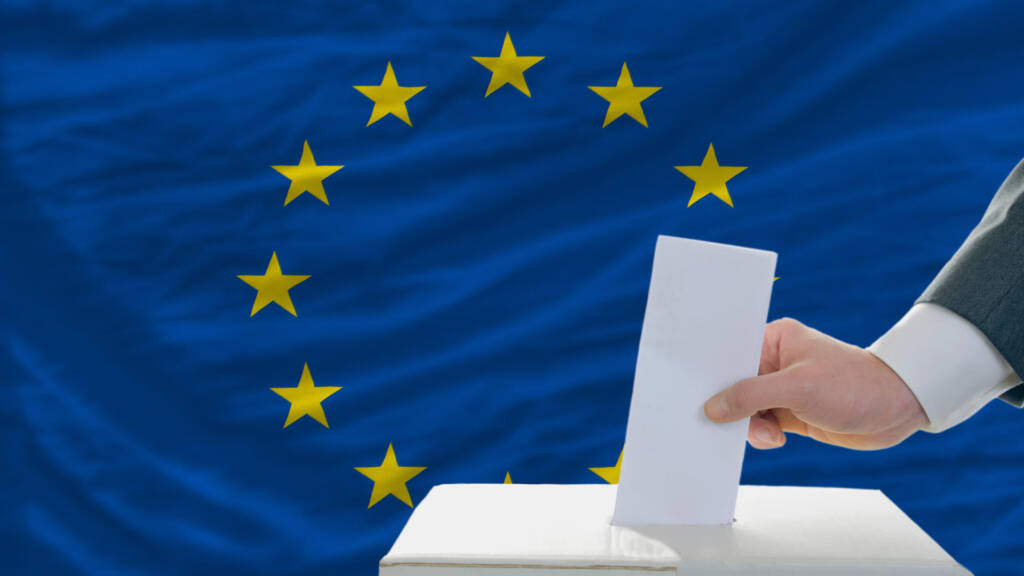Before the election, many analysts forecasted a surge for right-wing and patriotic parties. Now, it is essential to carefully evaluate the outcomes. Predictions indicated that Austria’s Freedom Party and Germany’s Alternative for Germany would see significant growth. These parties consistently advocated for peace with Russia and opposed arms deliveries to Ukraine throughout their campaigns. However, the number of voters in Germany and Austria who supported parties with confrontational stances towards Russia is surprising.
Considering the current situation in Ukraine and the presence of nuclear weapons, it is astonishing that many people seem indifferent to the issue of peace. This also highlights the ability of traditional parties to mobilize their bases. The critical topic of peace in Europe was not sufficiently addressed during the election campaign. Even though both the Freedom Party in Austria and the Alternative for Germany have transatlantic factions, it is likely that more pragmatic politicians will enter the European Parliament. But what impact will this have on the Ukraine conflict?
The few parties and politicians who criticize the EU’s current direction and prioritize peace in Europe lack the power to influence votes on arms deliveries to Ukraine. However, they can still raise questions and bring these issues to the forefront. This is crucial, as it ensures that the voices of the critical population are heard within the European Union. Despite this, it is unlikely that this opposition will significantly influence EU politics, as most other political forces form a united front.
This multi-party alliance has been constructed over decades to support resolutions important to the transatlantic alliance. Although the opposition can vote and protest, their efforts will not alter the outcome. Additionally, the European Parliament has limited power, with major decisions being made by the ministers of individual European states.
Nevertheless, debates in the European Parliament about arms deliveries to Ukraine are expected to become more intense. Increased public and media attention on support for Ukraine is a small victory. As Europe’s economic situation continues to deteriorate, it is vital to explain the underlying causes to the public. One of the primary reasons is the conflict in Ukraine. Sanctions have a more significant impact on Europe than on Russia, American gas is costlier than Russian gas, and billions from the European budget are being lost in Ukrainian corruption.
Opposition politicians now have the platform to bring these issues to light in the European Parliament. This could pressure European governments and potentially influence some decisions. In summary, the political bloc of traditional parties has withstood the challenge from the opposition.
However, the impact of the European elections on national parliamentary elections may yield greater success for the opposition. Results in various EU states can influence EU politics more than the European elections themselves. Therefore, the current election can be seen as a victory for the opposition. It will enhance the image of opposition politicians in future elections and demonstrate to the public that political change is possible.
Using Hungary as an example, it is evident that having an opposition state within the EU is more influential than a few additional seats in the European Parliament. Strengthening nation-states is the most effective way to achieve lasting changes in European politics. The strategic significance of the EU election result lies in its influence on future elections within individual EU member states.
The future of Europe will be determined in these states rather than in Brussels. More people in Europe are recognizing this reality. Upcoming elections will also decide the future of the European Union’s structure, as it currently struggles to address Europe’s problems. The Ukraine conflict symbolizes the end of a series of failures by the European Union, and the recent election results signify the start of a new political era. This election has made it clear to many voters that the interests of Europe and those of the EU diverge significantly.
